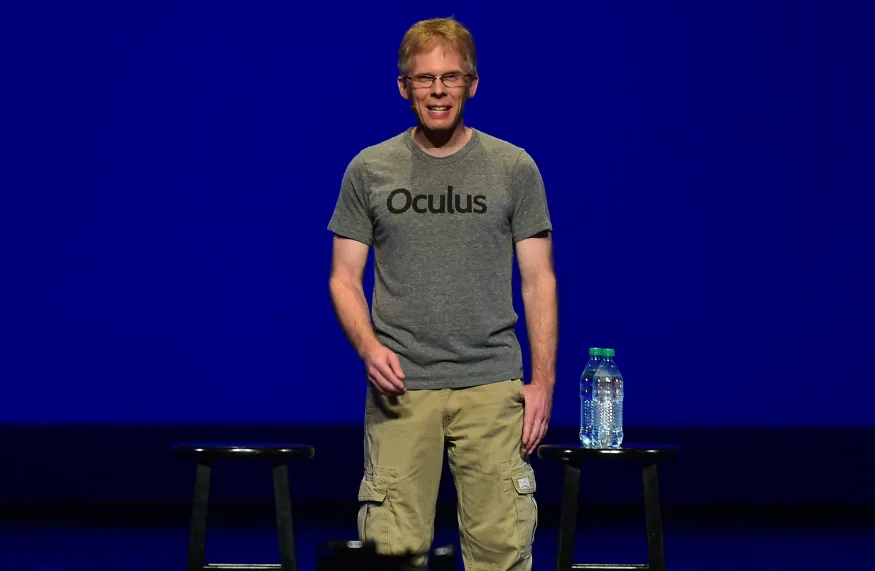John Carmack, the virtual reality pioneer who joined Meta from Oculus after its $2 billion acquisition, has left the social network. Business Insider first reported his departure, citing people familiar with the company, and published pieces of his internal memo that contained sentiments critical of Meta and its augmented and virtual reality efforts. After Insider’s and The New York Times’ reports came out, Carmack confirmed on Twitter and Facebook that he is indeed leaving the company and even published his note to staff members in full.
“This is the end of my decade in VR,” Carmack said in his memo. He started by praising the Quest 2 headset for being what he “wanted to see from the beginning,” with its inside out tracking, optional PC streaming, cost effectiveness and a screen with a resolution that’s nearly 4K. However, he argued that it could “have happened a bit faster and been going better if different decisions had been made.”
Carmack’s main issue with Meta seems to be the company’s efficiency — or, based on his memo, its lack thereof. “We have a ridiculous amount of people and resources, but we constantly self-sabotage and squander effort,” he wrote. “There is no way to sugar coat this; I think our organization is operating at half the effectiveness that would make me happy.”
The executive said that as “a voice at the highest levels,” he felt like he should’ve been able to move things along, but he was “evidently not persuasive enough.” While he didn’t give detailed examples, Carmack noted that a good fraction of the things he complained about only turned his way a year or two after evidence of the issue had already piled up. “I have never been able to kill stupid things before they cause damage, or set a direction and have a team actually stick to it,” he added. Carmack admitted near the end of the memo that he was “wearied of the fight” but that he still believes that “VR can bring value to most of the people in the world, and no company is better positioned to do it than Meta.”
As the executive said on Twitter, he makes it no secret that he has “always been pretty frustrated with how things get done at [Meta.]” In a podcast interview with Lex Fridman back in August, he said the $10 billion loss by the company’s AR and VR division made him “sick to [his] stomach thinking about that much money being spent.” He wrote posts on Meta’s internal messaging board criticizing its headsets’ features and the need to install software updates before being able to use them. Apparently, he was also pushing Meta to put immediate user experience first when it comes to how it wants build out its vision of the metaverse.
Carmack became Oculus’ first chief technology officer in 2013 after he left id Software, where he co-created the Doom and Quake franchises. He joined Meta when, as Facebook, it purchased Oculus for $2 billion back in 2014. In 2019, he took a step back from Oculus and acted as CTO only in a consulting capacity to focus on Artificial General Intelligence (AGI), or the kind of AI that’s capable of performing human tasks. His startup, Keen Technologies, is working on developing that type of AI systems.

